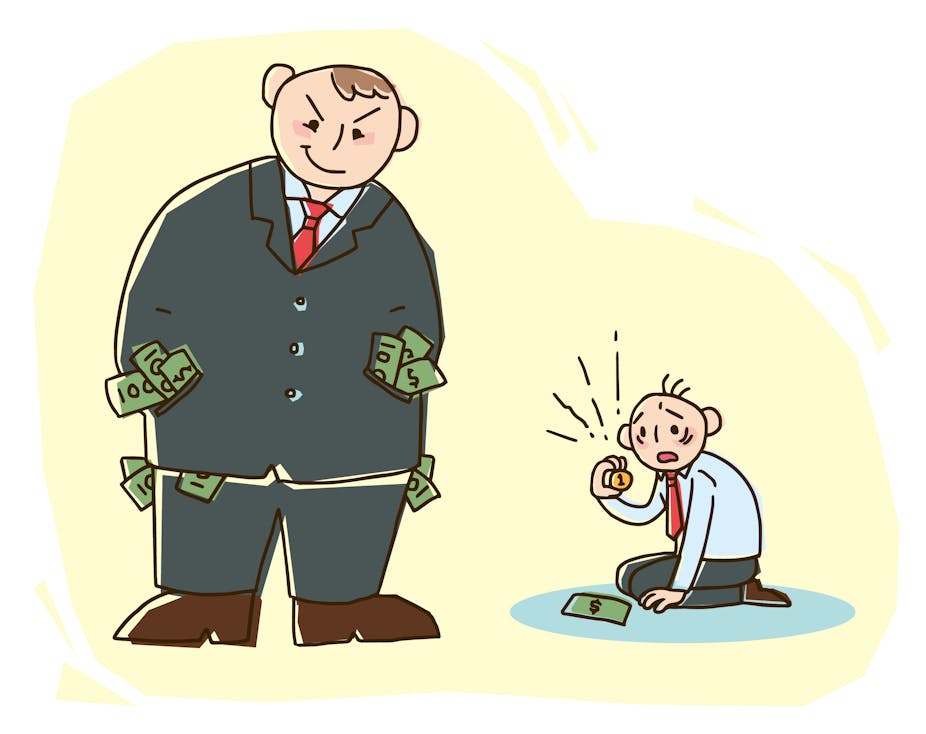
New research that innovatively integrates empirical and theoretical work from economics and psychology shows how rising economic inequality makes upward mobility feel less possible among disadvantaged youth, and produces negative consequences for their motivation and behavior, a finding that should influence public policy.
The research review, titled “How Economic Inequality Shapes Mobility Expectation and Behavior in Disadvantaged Youth,” was recently published in the February issue of London-based Nature Human Behavior. It was co-authored by Boston College’s Alexander S. Browman, a post-doctoral fellow in the Lynch School of Education and Human Development, along with researchers from Northwestern University, the University of Maryland and Wellesley College.
Economic research has shown that negative life outcomes such as dropping out of high school and early pregnancy are more common among disadvantaged youth living in more unequal locations, while experimental research in psychology has explored how inequality can weaken people’s beliefs about socioeconomic opportunity, which can reduce the likelihood that disadvantaged youth will engage in behaviors that would improve their chances of upward mobility. By integrating these social sciences — typically operating separately — and the evidence that each offers, the researchers present an interdisciplinary model that provides a more complete understanding of the dynamics underlying these issues, ideally resulting in policy recommendations that would enhance the mobility prospects for youth from disadvantaged backgrounds.
“Economists, psychologists, and other social scientists have worked to understand how economic inequality influences the life outcomes of disadvantaged youth, but research in these disciplines has proceeded largely in parallel,” said Browman, a fellow in the Department of Counseling, Developmental, and Educational Psychology. “Integrating these separate lines of research, we find strong evidence that one way that economic inequality can contribute to negative outcomes for disadvantaged youth is by weakening the motivating belief that achieving socioeconomic success is possible for them.”
When discussing the policy implications of this integrated model, the authors concur that reducing economic inequality would effectively improve high poverty youth’s ability to move up the socioeconomic ladder. They also advocate for more immediate interventions that could increase the chances of upward mobility among low socioeconomic status youth by increasing their access to “mobility-promoting” opportunities such as mentoring programs. The authors also cite that interventions such as providing free or substantially subsidized college tuition to high-poverty youth have been successful at improving their life chances because they offer a tangible means to completing post-secondary programs.
“We are not implying that high-poverty students who avoid positive behavior do so simply because they have misguided beliefs about social mobility, and that all that is needed is to convince them otherwise,” adds Browman. “People who believe that mobility is unrealistic likely hold those beliefs because society has not historically provided viable opportunities for or pathways to advancement. Interventions should entail real, systemic changes to educational, occupational and social environments that provide high-poverty youth with concrete and viable routes to future socioeconomic success and mobility in an increasingly unequal society.”

